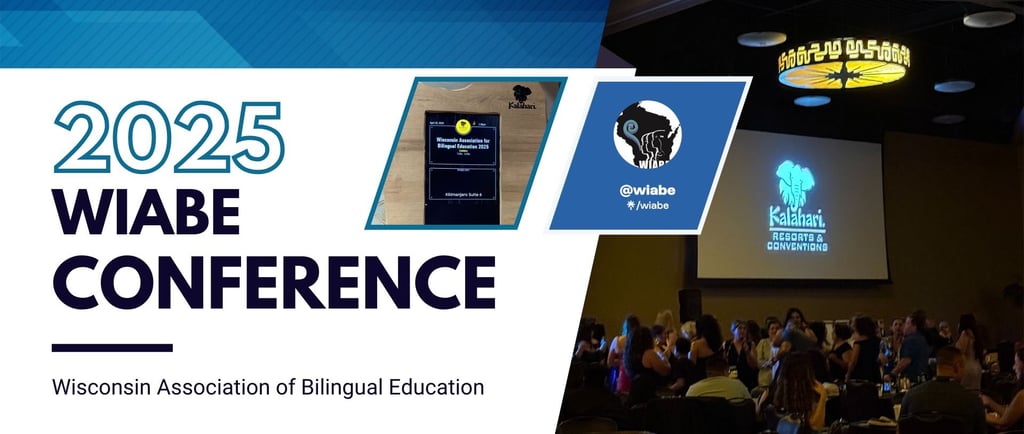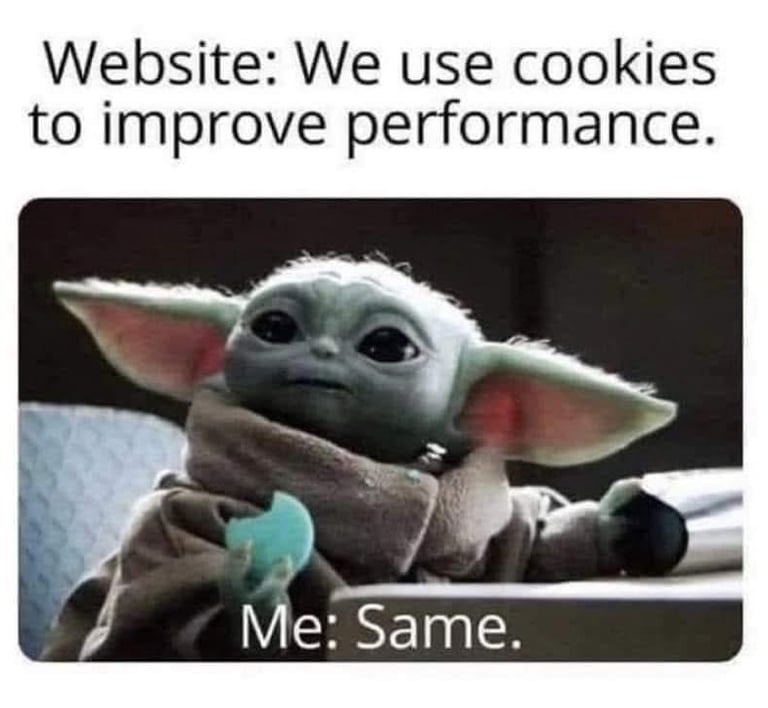Ways to Boost End-of-Semester Engagement
Tired students? Tired teachers? It’s not just burnout—it’s boreout. Here’s how to fight back and boost engagement during the final stretch of the semester without burning yourself out.
TEACHING
Olia Tomski
4/28/20254 min read


Hey teacher friend,
This past weekend, I was at the WIABE conference.
At my booth, we played a "5-second game" — fast questions, fast answers.
One of the questions was:
“What are some ways to increase engagement in May?”
Teachers rattled off ideas that were too good not to share. I’m featuring their best answers below.
But first, a quick story.
I asked my daughter—just wrapping up her freshman year of high school—
"What’s your favorite thing that teachers do in May?"
She said:
"Teachers don’t do that kind of thing in May. They just say, 'You’ve got one more month until summer.'"
Ouch. That answer hit me like a stack of ungraded essays.
And honestly?
She’s not wrong.
Burnout is real.
But what we don’t talk about enough is something even more dangerous:
Boreout.

Burnout = overwhelmed.
Boreout = underwhelmed.
Here’s how:
By May, many students aren’t stressed.
They’re bored out of their minds.
And the scary thing?
Boreout spreads faster than burnout.
The final weeks of school are actually a massive opportunity.
If you know how to re-engage.
You can finish stronger than you started.


"Wait... we still have to learn in May???"
Students
1. Introduce Novelty in Lessons
You know that cool project idea you saved for “later”? This is later. Try it now. Seriously.
Try:
Introduce project-based learning
Scavenger hunts with vocab
Outdoor vocab/grammar relay (labeling things in nature with sticky notes—tree, branch, squirrel is on the branch, a bird is flapping its wings)
Teach-the-class mini lessons
Outdoor grammar races
Create a mini podcast
“Teach this topic to someone else”
ELLs especially need active, hands-on, real-world tasks this time of year.
Let them use the language, not just fill in blanks.


2. Give students choices.
Give them a voice in how they demonstrate learning:
Slide deck, skit, or infographic?
Alone or with a buddy?
Pick three out of five questions?
Write an essay OR make a video
Students—especially ELLs—will show more of what they can do when they’re not paralyzed by what they should do.
And choice reduces the #1 boreout trigger: lack of agency.


3.Use games. Use movement. Use chaos (in small doses).
Fun isn’t the enemy.
Fun is the glue.
Movement, laughter, tiny competitions — they break the trance.
(Think: Jeopardy, last-day charades, 2-minute brain breaks.)
Even 5 minutes of "move to the corner that matches your answer" can reawaken a sleepy room.


4. Celebrate growth.
Students—especially ELLs—don’t always recognize how far they’ve come.
Show them:
Let them compare their first writing sample to now.
Let them write a letter to next year’s students.
Let them say, “I came in not knowing what a resume is. Now I can write one.”
Reflection reminds them: This year mattered.


5. Keep routines, add meaning.
It's easy to slack off the last month.
Remind students: This isn’t just the end. This is the launchpad.
Students need to see that finishing strong matters.
Give them a moment to set a summer goal.
To say one thing they’re proud of.
To think ahead—not check out.
And for you? That consistency protects your sanity, too.
Structure = stability.
Meaning = motivation.


Here’s what teachers at WIABE said, too:
🧠 “Make lessons about students’ future dreams.”
🎯 “Set up mini-challenges they can win.”
🎉 “Have students plan one class session themselves.”
📚 “Do a ‘what we wish we knew at the start’ project.”
🏃♀️ “Move around more — anything to break the sit-listen cycle.”
All simple. All brilliant.
All ways to beat boreout before it beats you.


Final Thought:
Burnout is heavy.
But boreout is deadly.
Because once students stop caring, it’s 100x harder to win them back.
This May, don’t just show up.
Show them that every day still matters.
Boredom isn’t harmless.
It kills curiosity.
It kills confidence.
It kills classroom culture.
But the fix isn’t harder work.
It’s better intentionality.
You don’t need to “cover more.”
You need to connect more.
To let students see, feel, and believe that the year mattered.
Because it did.
Even if they can’t articulate it yet.
— Olia
